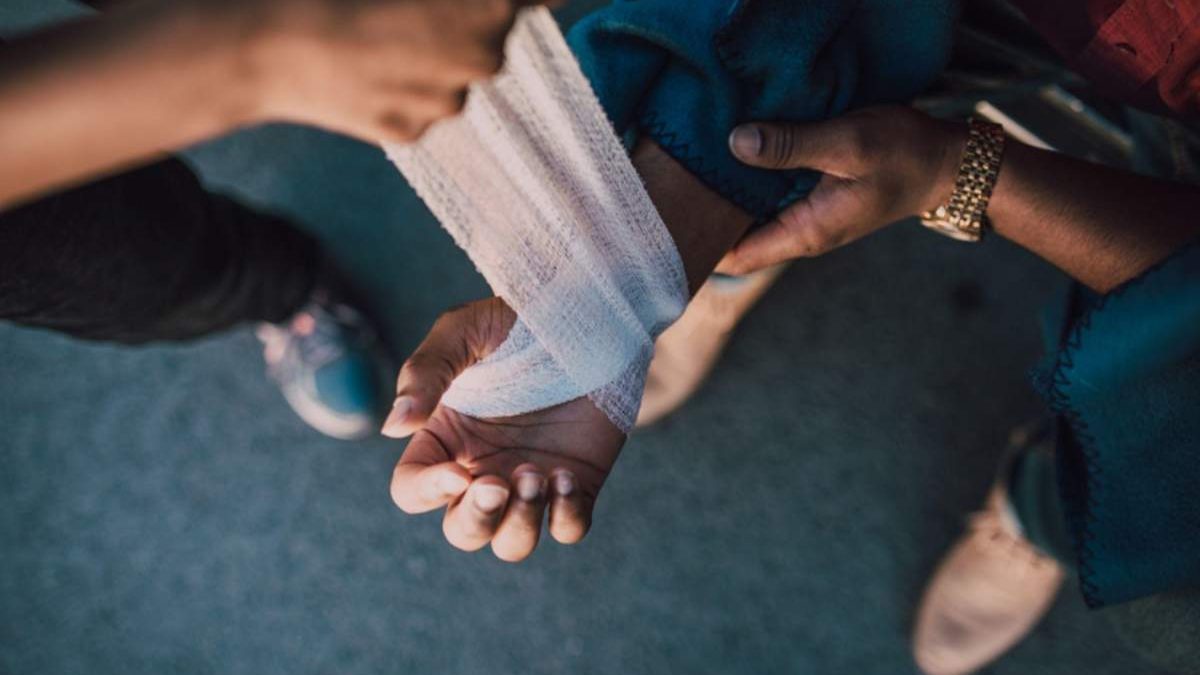Emergencies can happen at any time, and being prepared can make all the difference. Whether it’s a natural disaster, a medical emergency, or an accident, having the right tools and knowledge can help you stay safe and minimize damage. Here are some tips to help you be prepared for emergencies.
Table of Contents
1. Take a First Aid Course
One of the most important things you can do to prepare for emergencies is to take a first aid course. Knowing basic first aid can help you provide lifesaving care in an emergency situation. Look for a reputable organization in your area that offers first aid courses and consider taking a course that teaches first aid in Shepparton to learn the skills you need to provide emergency care.
2. Build an Emergency Kit
Having an emergency kit on hand can help you be prepared for any emergency situation. Your kit should include essential items like water, food, a first aid kit, a flashlight, and extra batteries. Additionally, consider including items like a whistle, a multi-tool, a portable radio, and a map of your area. According to this website offering emergency kit in NZ, you should store your emergency kit in a safe and easily accessible location, like a closet or a basement.
3. Develop an Emergency Plan
It’s essential to have an emergency plan in place to ensure that everyone in your family knows what to do in case of an emergency. Your plan should include things like an evacuation route, a meeting place, and a list of emergency contacts. Be sure to review your plan regularly and make updates as necessary.
4. Know Your Local Resources
Familiarize yourself with the emergency resources available in your area. This may include things like emergency shelters, evacuation routes, and emergency response services. Additionally, know where your local hospital is and consider identifying an emergency dentist in case of a dental emergency. If you’re looking for an emergency dentist in Lindfield, there are many options available.
5. Stay Informed
Stay informed about potential emergencies in your area by signing up for emergency alerts and notifications. Many cities and towns offer emergency alerts through text messages or social media. Be sure to follow local news and weather reports and keep an eye on changing conditions.
Final Thoughts
Preparing for emergencies can be overwhelming, but by taking the necessary steps to be prepared, you can stay safe and protect your loved ones. The tips listed above are just the beginning of what you can do to be prepared for emergencies.
Remember that emergencies can come in many different forms, so it’s important to be flexible and adaptable in your emergency preparedness efforts. Consider taking additional courses and workshops to learn new skills that could be helpful in an emergency situation. Some examples of additional courses include CPR training, fire safety courses, and disaster preparedness training.
Don’t forget to involve your family in your emergency preparedness efforts. Work together to develop an emergency plan, and make sure everyone in your family knows what to do in case of an emergency. Additionally, consider involving your community in your emergency preparedness efforts. Work with your neighbors to identify local resources, and consider participating in community-wide emergency preparedness events.
Finally, remember that emergencies can happen at any time, so it’s important to stay vigilant and remain prepared. Review your emergency plan regularly and update it as necessary. Check your emergency kit regularly to make sure it is up-to-date and stocked with the necessary supplies. And, stay informed about potential emergencies in your area.
By taking the necessary steps to be prepared for emergencies, you can protect yourself and your loved ones and minimize the impact of an emergency situation. So, take the time to be prepared, and have peace of mind knowing that you can handle anything that comes your way.


